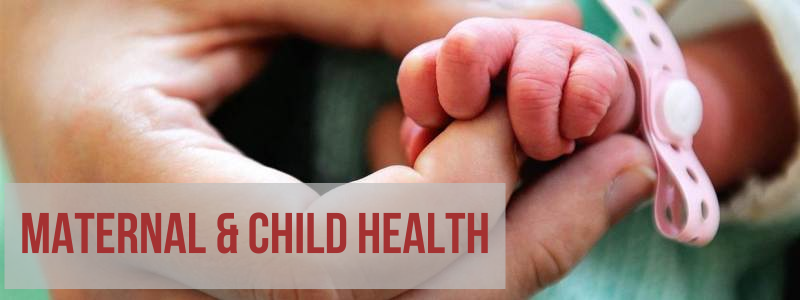By Iyemah David
Health experts have said maternal mortality remains a pressing public health crisis in Nigeria in spite of significant advancements in medical science.
The experts made the submission in separate interviews with the News Agency of Nigeria (NAN) on Tuesday in Abuja.
According to them, the issue is not a lack of medical knowledge or solutions, but rather a lack of equitable access to quality maternal care for all women, regardless of their socio-economic status.
Dr Halima Adamu, a maternal health specialist based in Kano State, explained that many maternal deaths were preventable, but occurred due to systemic barriers that made essential healthcare inaccessible.
“We have made progress in technology, training, and policy,” Dr Adamu said.
“But too many women are still being left behind, especially those in rural communities, displacement camps, and among the urban poor. This is an issue of equity,” she said.
Dr Adamu highlighted the contrast between urban and rural maternal care.
According to her, women in major cities like Abuja often have access to skilled birth attendants, emergency care, and modern facilities, while their rural counterparts face significant challenges.
“In villages across Kano and Zamfara, women may walk miles just to reach a clinic, often with no guarantee of finding basic medical supplies or trained personnel,” she said.
Dr Halima Adamu shared a personal account of a relative in rural Taraba State.
“During her second pregnancy, there was no nurse at the local clinic. She had to deliver at home and nearly died from postpartum haemorrhage. That woman is my cousin.”
She said health equity did not mean offering the same services to everyone, but rather prioritising support for those most at risk.
Dr Daniel Adakole, a public health equity advocate, said that solving Nigeria’s maternal mortality problem required a shift in how maternal healthcare was structured and delivered.
“We need community-centred healthcare, increased funding for primary health centres, and policies that intentionally bridge the gap between the privileged and the vulnerable,” Dr Adakole said.
He criticised the poor implementation of the Basic Health Care Provision Fund, a programme intended to provide healthcare for vulnerable populations, including pregnant women.
“The fund has great potential, but without accountability, transparency, and public awareness, it cannot fulfill its purpose.
“Without proper tracking, many women will continue to die silently. Maternal deaths are not just medical issues—they are matters of justice,” he said.
Dr Adakole called for stronger government commitment, the strategic integration of traditional birth attendants, and increased community involvement to ensure inclusive maternal care.
“Every mother matters. If we are serious about reform, then equity must be the foundation of all our efforts,” he added.
NAN reports that Nigeria continues to rank among the countries with the highest maternal mortality rates in the world.
In 2020 alone, approximately 82,000 women died from pregnancy-related complications.
Many Nigerians lack access to quality healthcare and are burdened with high out-of-pocket expenses, which often leads women to forgo prenatal care or depend on untrained traditional healers.
With a maternal mortality rate of 1,047 deaths per 100,000 live births, Nigeria has the third-highest rate in Africa, far exceeding the United Nations’ Sustainable Development Goal target of 70 deaths per 100,000 by 2030.




